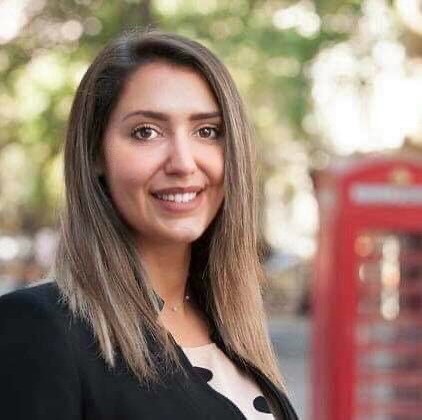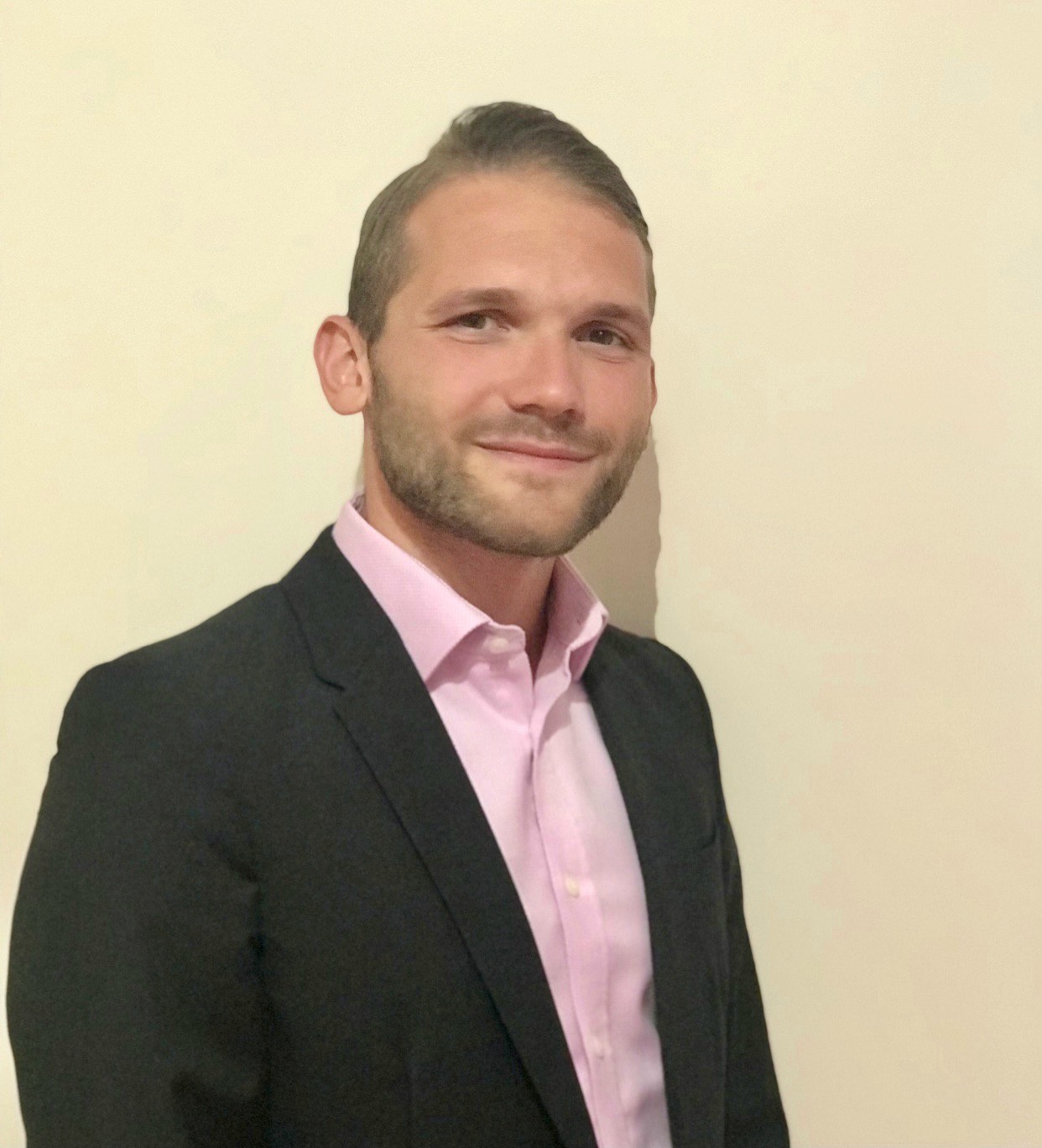King’s Business School lecturer and Inclusive Education Partner, Ilia Protopapa, Equality, Diversity and Inclusion Project Officer, Tyler John, and D&I Consultant, Antonis Kazouris, reflect on EDI within King’s Business School, and how creating inclusive environments can help everybody flourish.
Aligned to King’s Strategic Vision 2029, the King’s Business School is committed to developing and promoting a diverse and inclusive environment for all our students. The attainment gap (sometimes referred to as the awarding gap) is the difference in groups of students achieving higher classification degrees’ (a First or 2:1).The gap is focused on the Black attainment gap. The development of an inclusive environment for our students, where barriers to learning are removed for all, is a priority. Evidence suggests that experiences and engagement in the University significantly affect the performance of students from underrepresented ethnicity backgrounds.
Listening to our students’ voices
Dr. Ilia Protopapa, Lecturer in Marketing and Inclusive Education Partner at King’s Business School, discusses about the importance of involving students in the design of D&I actions towards closing the attainment gap.
While transitioning from a face-to-face mode of teaching to a flexible delivery plan during the pandemic, we promptly introduced measures to generate insights on what our students felt about diversity and inclusion matters. Involving our students in the design of diversity and inclusion initiatives is an essential part of our strategy. Working closely with our Inclusive Education Students Partners, Angad Khanna, Chloe Abbade, Trisha Benerjee and Pranjal Vig at King’s Business School, and with the aim to inform evidence-driven initiatives, questions to assess students’ perceptions of diversity, inclusion and respect were introduced to the King’s College Institutional Survey run by the WhatWorks department. The King’s Institutional Survey aimed to assess students’ experiences during the first academic term of 2020/21. The first questions on diversity, inclusion and respect were launched in December 2020 and the first set of data was collected and analysed.
What do our students say?
The survey was launched across all King’s College London’s faculties. Overall, students from an ethnic minority across undergraduate and postgraduate levels at King’s Business School suggest that they feel accepted, valued, respected and that racism is actively discouraged. Business students suggested that people’s differences are recognised and respected and that they feel supported to bring the best of themselves to their studies. Our ethnic-minority undergraduate students in year 1 suggest that that they can be themselves without worrying about how they will be accepted (83.37%). Our ethnic minority undergraduate students in year 2 strongly feel that they are valued, and that people’s differences are respected and recognised in the institution (100%). The year 3 ethnic minority undergraduate students feel strongly supported to bring the best of themselves to their studies (100%). Lastly, our ethnic minority postgraduate students (KBS) feel respected (88.64%) and valued (80.00%). Following up on these results, our Inclusive Education Students Partners, Trisha Banerjee and Pranjal Vig are designing and plan to implement student focus groups to elicit qualitative data on students’ experience.
Putting Equality, Diversity and Inclusion at the heart of the Business School
Mr. Tyler John, Equality, Diversity and Inclusion Project Officer gives an overview of the D&I actions, plan and educational sources for staff and students at College and Business School level.
Events of the last year, including a global pandemic and the Black Lives Matter movement, have reminded us that equality, diversity and inclusion are more important than ever. Every day, we continue to see the disastrous consequences of the socioeconomic disparities that exist across the world; disparities that widen and grow the more they are ignored. In aiming to be a world-leading business school, we must provide our students with a nourishing and accepting learning environment – to do this, equality, diversity, and inclusion must be at the heart of everything we do.
A key tenet of both King’s Vision 2029 and the Equality, Diversity and Inclusion strategy is the idea that King’s should not only be a place where everyone can bring their full selves to their work or their studies, but that they should be encouraged to and feel confident doing so. Research suggests that when students feel their identities are accepted and that there are appropriate support mechanisms in place for them, they exhibit ‘greater intellectual and cultural engagement’, ‘better understanding of their field’, and a better ‘overall University experience’.
Over the next year, King’s Business School will be working to establish committed EDI governance within its structure, including an EDI committee and an action plan, to help us embed EDI thinking and behaviours into our everyday business. In the meantime, what can we do to ensure that King’s Business School is a place where everyone can thrive? Here are a few suggestions:
- Develop your understanding of EDI issues. If you’re a member of staff, take part in our Diversity Matters training, to learn more about unpacking your unconscious biases. Take a look at King’s Cultural Competency resources, to kickstart your thinking about how to better engage with new and different perspectives.
- Engage with EDI activity. Join one of our staff networks and help shape the King’s community.
- Attend a Conversations About Race session, to hear more about experiences of race across King’s.
- Join a student forum or staff EDI committee to make your voice heard and be part of the action.
- Learn! We are all responsible for our own learning, so it’s important to seek out new information where you can. Read articles, blogs and journals about new ideas or things you don’t understand, and absorb as much diverse content as possible. You can find guidance and resources relating to EDI on our website, and read (or even contribute to!) our Diversity Digest blog here.
For more information on how you can embed EDI within your teaching or practices, take a
look at the AdvanceHE EDI Hub. You can also take a look at the EDI homepage on the King’s website to read more about our work and how you can get involved.
Cultural competency for graduates and future leaders.
Mr. Antonis Kazouris is a London-based diversity and inclusion (noted as D&I) consultant with extensive experience in employee engagement and experience in leading organisations such as Willis Towers Watson, Coca-cola HBC and IpsosMORI and was invited to offer his perceptive on King’s Business School D&I initiatives towards closing the attainment gap.
Antonis suggests that: ‘Your today’s students are tomorrow’s employees. Listening to students’ and employees’ voices to strategically design initiatives towards a more inclusive society has become a necessity rather than a “good-to-have” option and a moral responsibility for every organisation. A big proportion of businesses are continuously investing on employee listening projects that enable them to listen and understand their employees’ perceptions on D&I, sustainability, culture and other social matters. Businesses inform decisions based on D&I outcomes and seek to hire individuals with cultural competence capabilities more than ever. Offering a diverse and inclusive environment during volatile times requires good listening skills and opportunities for individuals to make their voices heard. King’s strategic research-led approach on inclusive education can help graduates to build the social skills and align them with values that successful companies are looking for, more and more’.
Ilia Protopapa
Dr. Ilia Protopapa is a Lecturer in Marketing and an Inclusive Education Partner (IEP) at King’s Business School. Ilia is working towards diversity and inclusion actions with the aim to close the attainment gap at King’s Business School. She is passionate about designing and promoting inclusive, evidence-driven pedagogic approaches in higher education. Her research interest lies at brand management, consumption value, regulatory focus, brand alliances and higher education.
Tyler John
Tyler John is an Equality, Diversity and Inclusion Project Officer within the EDI Function at King’s College London. He works part-time with both The Dickson Poon School of Law and Kings Business School on shaping and facilitating their EDI initiatives.
Antonis Kazouris
Antonis Kazouris is a D&I and employee insights consultant with years of experience in designing employee engagement and experience initiatives. Antonis has graduated with an MSc in Human Resources and Organisations from London School of Economics and holds advisory positions in the employee research industry in London and across Europe. He has lead projects on D&I and engagement for Willis Towers Watson, Coca-Cola HBC and IpsosMORI.



